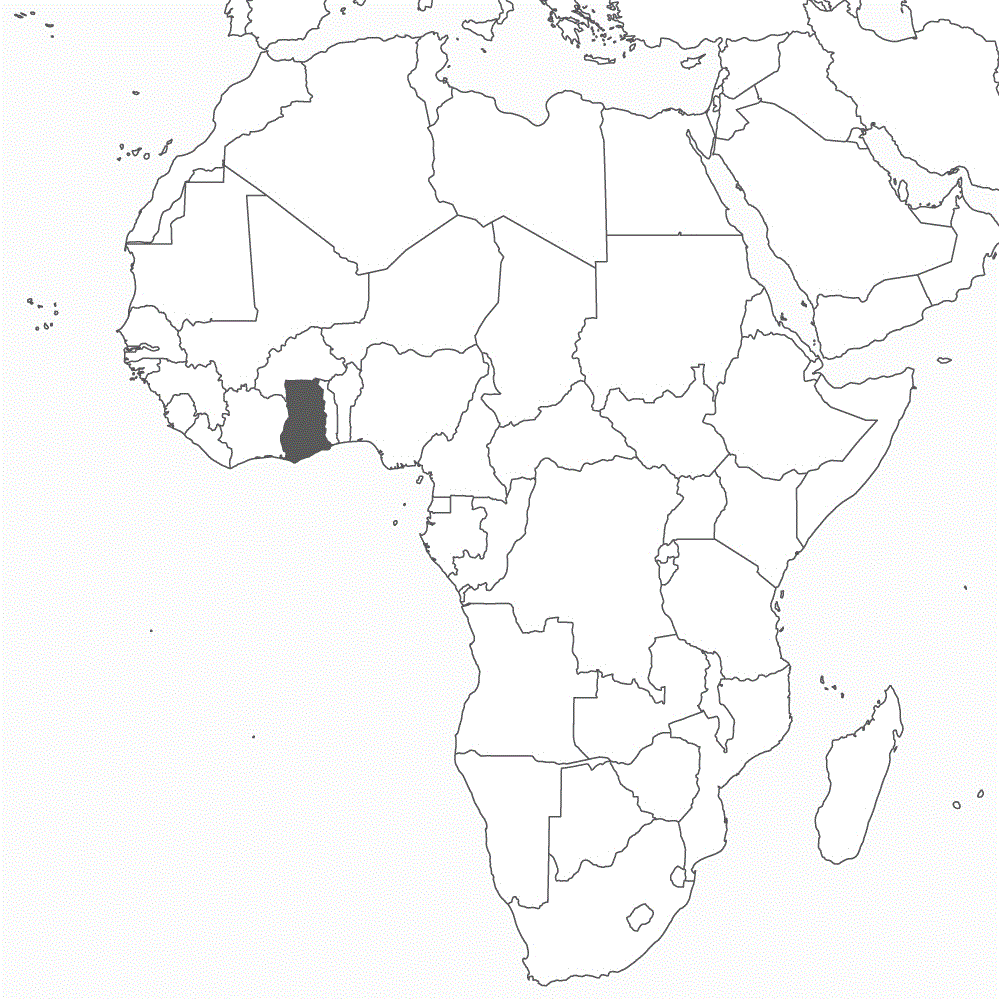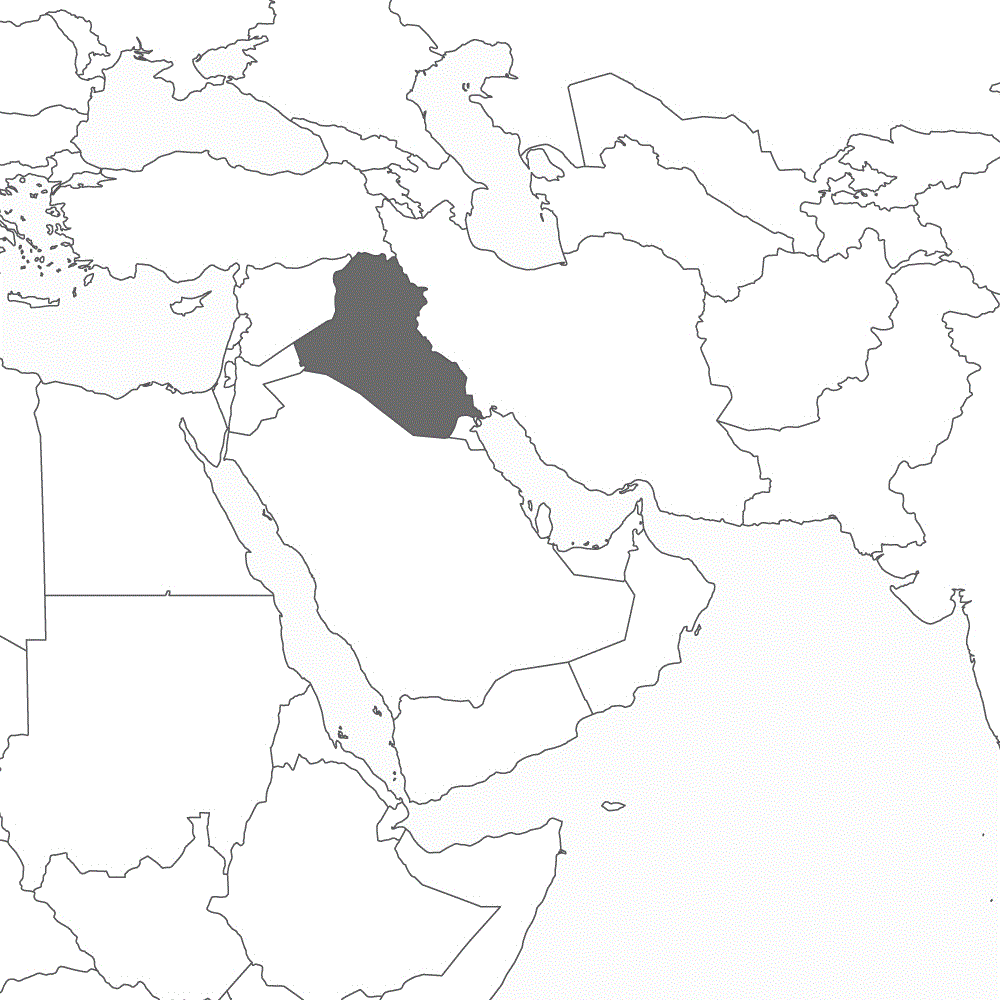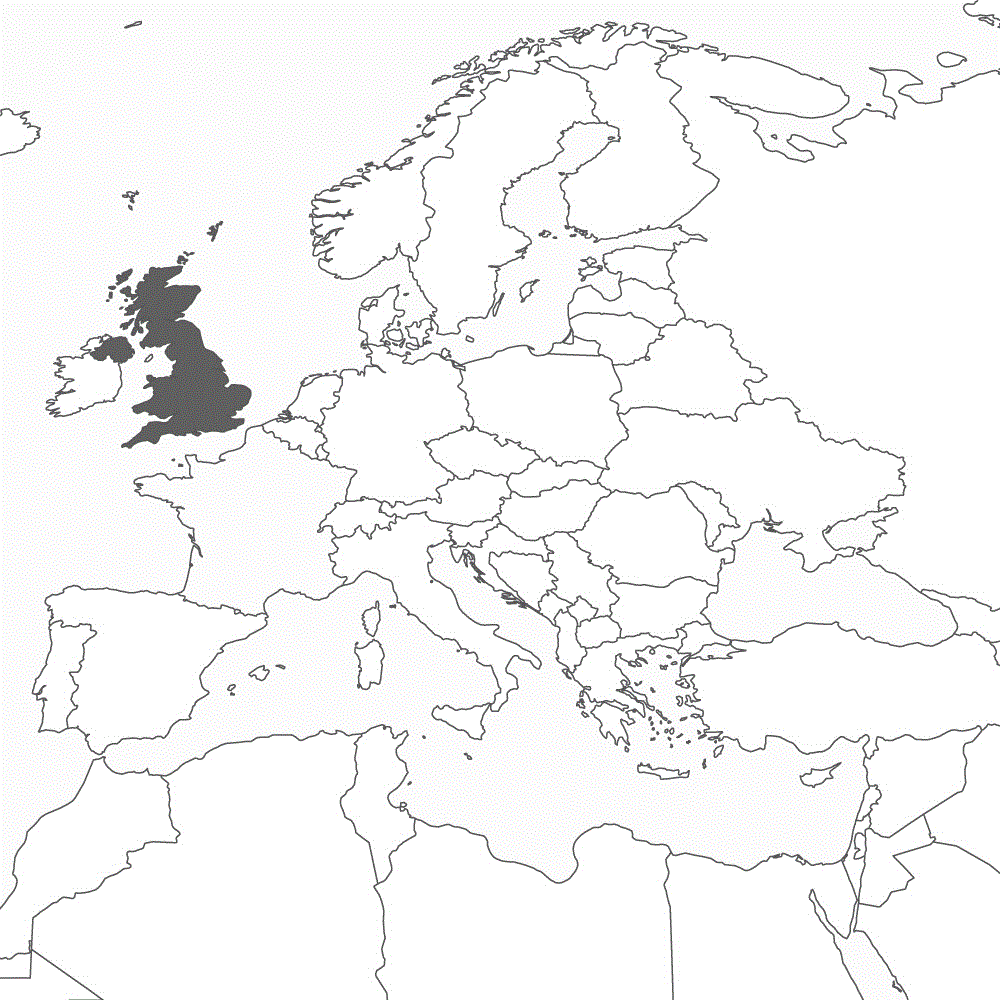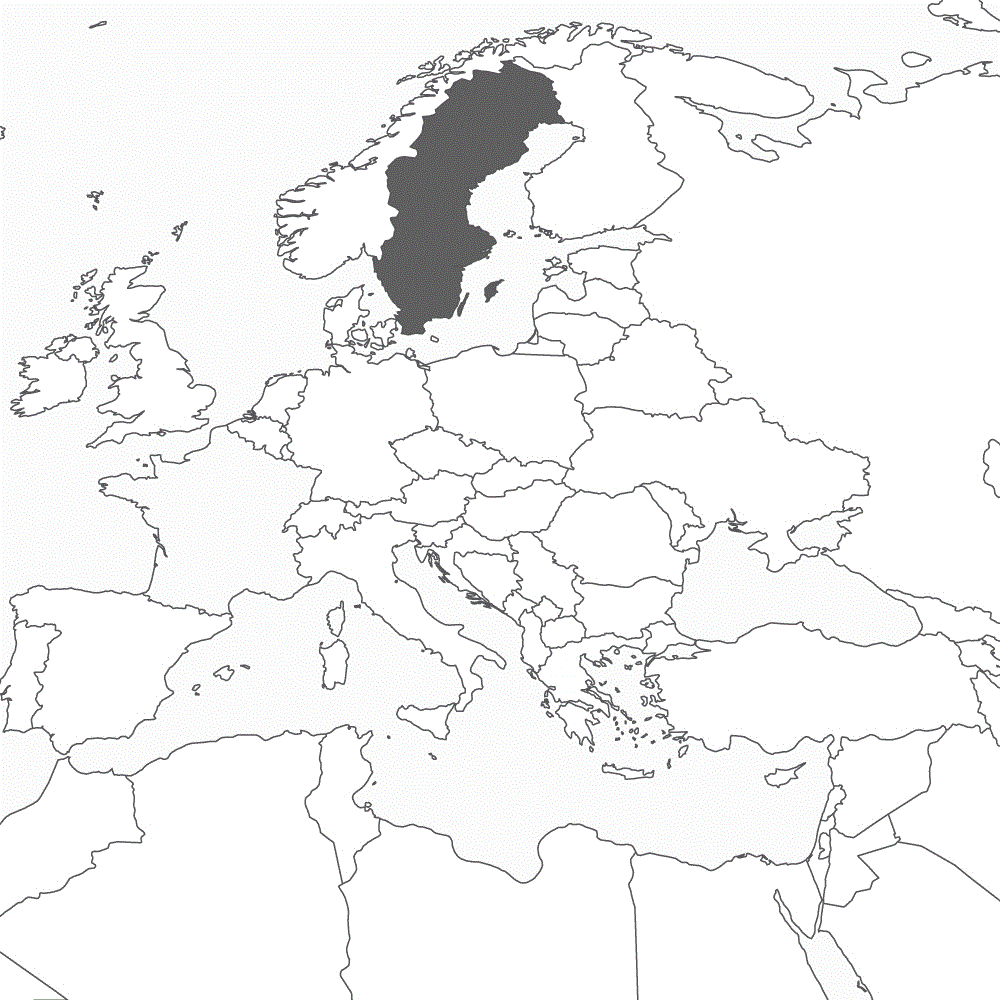BERLIN/ACCRA (Own report) - To compensate for its loss of influence in Africa, the German government is taking the occasion of the Ghanaian president's visit in Berlin today to push for a rapid expansion of business relations with Ghana. This must be seen in the context of China's growing influence on the African continent. Already sub-Sahara's most important trading partner, China will most likely become the regions largest investor in the foreseeable future. Ghana plays only a secondary role among Germany's trading partners in Africa, but it is viewed as a door opener to the African market. Within the framework of the G20-"Compact with Africa," Berlin has concluded a "reform partnership" with Accra, intended to facilitate German investments in Ghana. The fact that Ghana's President Nana Akufo-Addo needs foreign investors to fulfill his electoral promises is thereby seen as advantageous. To secure its influence, the German government is also intensifying its military relations with Ghana. Read more
DAMASCUS/BERLIN (Own report) - The German government is increasing political pressure, in its efforts to have a greater impact in the power struggle over Syria. In view of the civilian population's horrible situation in the fiercely contested region of East Ghouta, east of Damascus - dominated by an al Qaida offshoot and several of its allied militias - Chancellor Merkel is accusing the Syrian government of not waging a war "on terrorists" but on "its own people." Similar accusations have already been raised during the battle to retake Eastern Aleppo, which cost the lives of nearly 3,500 civilians, according to western sources. No such accusations, however, were raised against the anti-IS war coalition - with German Bundeswehr participation - when at least 1,400, and from 9000 - 11,000 civilians were killed in their battles to retake Raqqa and Mosul respectively. Double standards are typical for politicians and media in countries involved in war, particularly when they face defeat. Read more
BERLIN/BRUSSELS (Own report) - The EU finance ministers' decision to appoint the Spaniard Luis de Guindos to be vice president of the European Central Bank (ECB), will boost the chances of German Bundesbank President Jens Weidmann to become its next president. Berlin has welcomed the decision for Spain's current Minister of the Economy Guindos, considered to be one of the fathers of the Spanish real estate bubble. Subsequent to his designation as vice-president, a northern European is expected to be given the post of ECB president, due to the EU's proportional regional representation. According to observers, a conceivable deal may be reached with Germany's Weidmann at the helm of the ECB and the post of EU Commission President going to France. The current German Bundesbank president is unpopular in Southern Europe because he has been systematically trying to prevent current ECB President Mario Draghi's bond buying programs, considered to be vital for the crisis stricken countries. With Weidmann as ECB president, Germany would further tighten its grip on the euro zone's financial institutions. Read more
MUNICH (Own report) - The Munich Security Conference, which ended yesterday, was marked by appeals for "Europe" to be more willing to go to war and have a resolute EU "global projection of power." In addition to a significant arms buildup, the EU needs a "common desire to actually use its military weight," German Defense Minister Ursula von der Leyen admonished. German Foreign Minister Sigmar Gabriel warned that Europe's future "projection of power" cannot "do without" military force. Currently, this is not yet possible without the involvement of NATO or US armed forces; however, cooperation with Washington should be "on a par" and "not as deputies." In the foreseeable future, the EU will be able to buildup its arms to such an extent that it will no longer need US support. Gabriel branded Russia and China - current "rivals" to the Western "system" - as "autocracies." Read more
BERLIN/BAGHDAD/TEHERAN (Own report) - Today, Thursday, NATO’s defense ministers begin their preparations for the war alliance’s Iraq mission, NATO General Secretary Jens Stoltenberg announced in light of the ministers’ meeting ending today in Brussels. The mission is in accordance with US demands, which not only seek to empower Iraqi armed forces to permanently suppress IS, but particularly, to scale back Teheran’s significant influence on Baghdad. Iran owes its new influence in Iraq and other countries of the region - from Syria to Yemen and Qatar - to the failed and bloody wars and various aggressions by the West and its closest Middle East allies. Teheran could not have achieved its current influence in Baghdad, without the 2003 US invasion and subsequent extensive destruction of the country. Berlin signaled its interest to participate in the upcoming NATO mission to Iraq. Read more
BERLIN/WASHINGTON (Own report) - In Washington serious warnings are being raised against an independent German-European military policy aimed at weakening NATO. The militarization of the EU is being supported as long as "it is complimentary to NATO," a senior Pentagon official was quoted. However, Washington would intervene, if Berlin and the EU were to pull military resources away from NATO and use them for their own wars. This statement was made in light of the NATO defense ministers' meeting that begins today, which will include a decision on the establishment of two new NATO headquarters. One will be established in the United States, to secure the military supply routes from North America over the Atlantic to Europe. A second will be established in Germany, to optimize rapid redeployments of West European troops eastwards across the continent. At the current stage of planning, this will be under German sovereignty and available also for use outside of the NATO framework. Read more
BERLIN/LONDON (Own report) - In the course of the Brexit negotiations, apprehension is mounting in Brussels over possible divisions among the remaining 27 EU countries, according to a report about a leaked document on the current debate between EU member countries. Berlin is obviously seeking to delay the formulation of EU positions on the future relationship with the United Kingdom as long as possible, to prevent giving London tactical advantages in the negotiations. The 27 EU countries have, in fact, quite diverging interests in relationship to Great Britain. The German automobile industry is exerting massive pressure to keep the United Kingdom in the customs union. German car companies expect annual losses of up to two billion euros, if new trade barriers are erected. On the other hand, the Eastern and Southeastern European countries attach great importance to freedom of circulation. For example, the money Polish residents in Great Britain send home amounts to 1.5 percent of the Polish Gross Domestic Product (GDP). Other countries receive three to six percent of their GDP this way. Read more
BERLIN/BRUSSELS/STOCKHOLM (Own report) - Officially neutral Sweden can be considered a "de facto member" of NATO, a Swedish foreign policy expert confirmed in a new German foreign policy periodical. Last fall's large maneuver in Sweden sent a clear "message" that the country's neutrality has "de facto been suspended," completely changing the entire military "map" of the Baltic region "to NATO's advantage." In fact, back already in the 1990s, Sweden had begun to build links to the western war alliance; crucial decisions had been taken already before the Ukraine conflict's escalation and Crimea's integration into the Russian Federation. The Bundeswehr is heavily involved in integrating the Swedish armed forces into NATO's structures, focusing on naval cooperation. This cooperation is aiming at including the Swedish military into NATO's naval operations. The cooperation of the naval forces is not limited to NATO's framework, but may also be within that of the EU. Read more
GERMAN-FOREIGN-POLICY.com
Information on German Foreign Policy: News + Interviews + Analyses + Background




